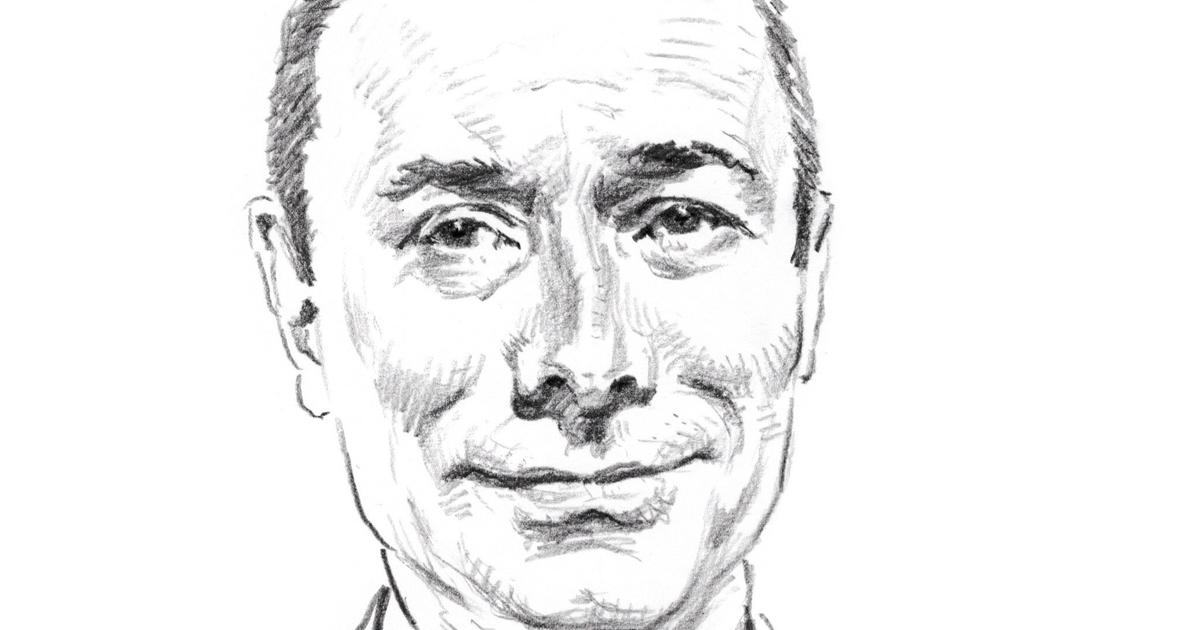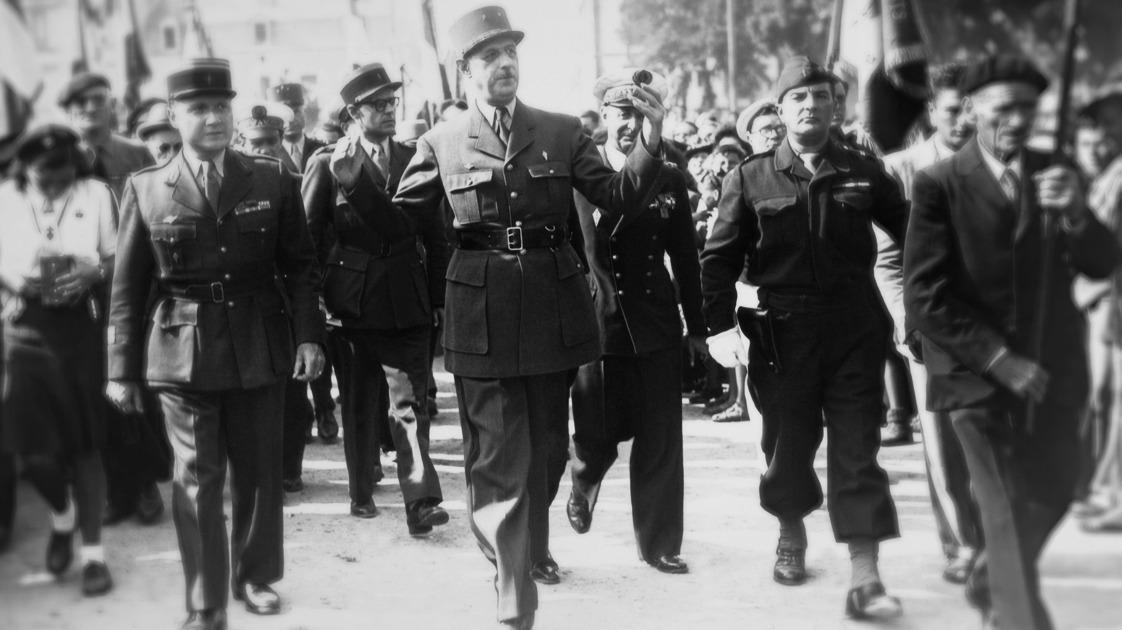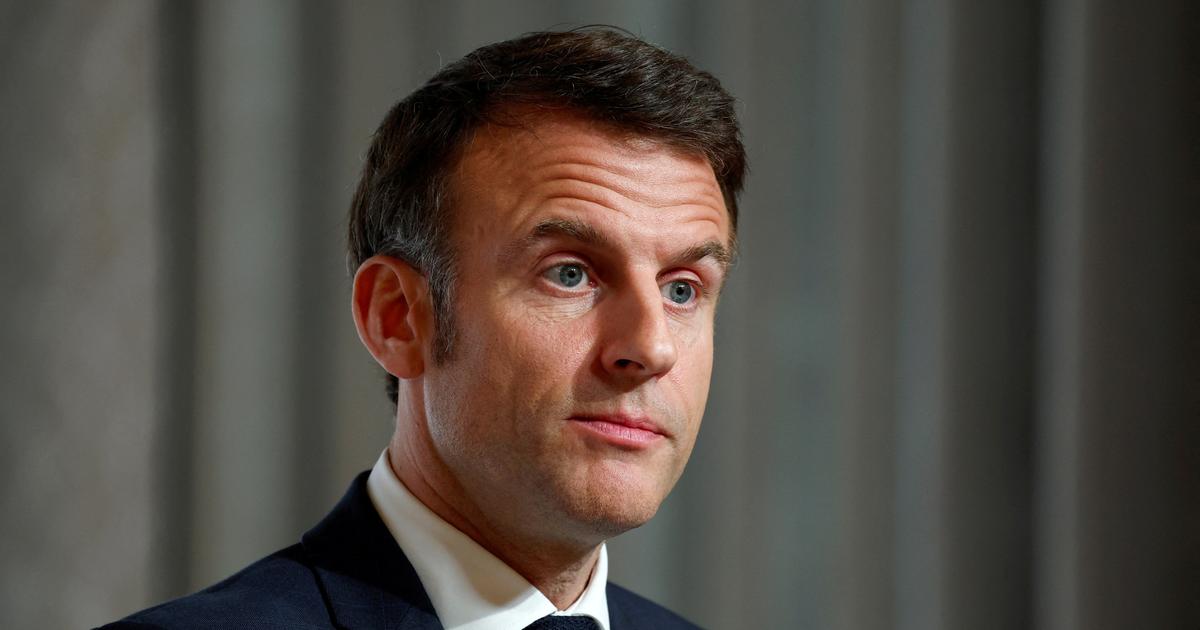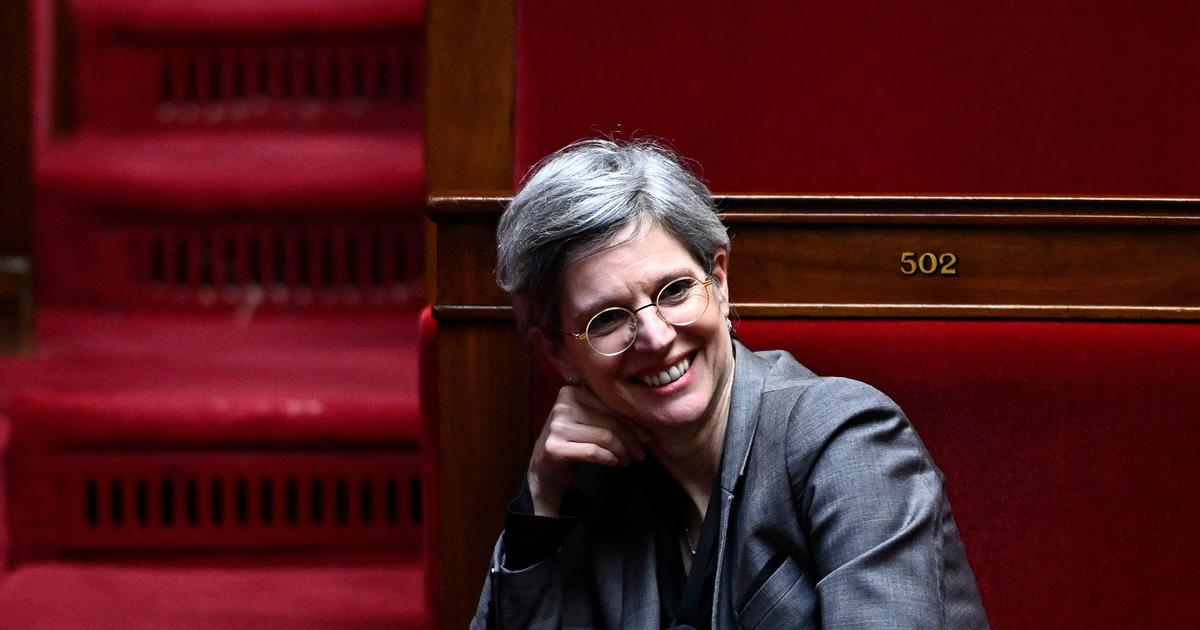Enlarge image
President Emmanuel Macron during the first round of parliamentary elections last Sunday in Touquet
Photo: Ludovic Marin / AFP
Is it possible to get out of the three-thirds democracy and rebuild a classic left and right camp focusing on issues of redistribution and social inequality - in France, but also at European and international level?
This will be the central challenge in the current parliamentary elections in France.
But first, back to the outlines of this three-thirds democracy as it emerged in the first round of the presidential elections in April.
If you add up the various candidates from the left and ecological parties, 32 percent of the votes go to a left-wing bloc that represents either a planned economy or a socio-ecological approach.
Combining the votes cast by President Emmanuel Macron and Conservative candidate Valérie Pécresse also gives 32 percent for the liberal, or center-right, bloc.
The same figure of 32 percent results if you add up the votes of the three candidates from the nationalist or far-right bloc of Marine Le Pen, Éric Zemmour and Nicolas Dupont-Aignan.
While this tripartition can be partly explained by the specifics of the French electoral system and the country's political history, what underlies it is more general in nature.
It is important to specify that the three-thirds democracy does not in any way mean an end to political divisions based on class differences and different economic interests.
The opposite is the case.
The liberal bloc achieves by far its best results among the most socially well-off voters - regardless of which criterion is used, whether current income, personal wealth or academic qualifications.
This applies in particular to older voters.
The fact that this "bourgeois bloc" managed to get a third of the votes is also thanks to a change in voter turnout, which has been significantly higher among the wealthy and older than in the rest of the population for several decades.
That was not the case before.
In fact, this bloc is a synthesis of the business and wealth elite that used to vote for centre-right parties.
In addition, there are academic elites who have taken control of a center-left current since 1990, as an evaluation of "World Political Cleavages and Inequality" shows.
If turnout was equal in all milieus, however, this bourgeois bloc would garner just under a quarter of the votes and could not claim to govern alone.
In contrast, with such a turnout, the left bloc would come out well ahead, performing best among blue-collar workers and especially among younger French people.
The nationalist bloc would also rise, but not as much, as its constituency profile is more evenly distributed across all age groups.
In a way, one could say that the current tripartite division points to three major ideological families that have shaped political life for more than two centuries: liberalism, nationalism, and socialism.
Since the industrial revolution, liberalism has been based on the market and the social detachment of the economy, and mostly appeals to the winners of the system.
Nationalism reacts to the resulting social crisis with reification, i.e. objectification, of the nation and strong national solidarity.
Meanwhile, socialism tries, not without difficulty, to promote universalist emancipation through education, knowledge, and power-sharing.
It has long been known that the political conflict is structurally unstable and multidimensional – it includes identitarian and religious as well as socio-economic divisions, but also serious differences between rural and urban populations.
In this respect, it cannot be reduced to an eternal, one-dimensional left-right conflict that is reproduced identically over and over again over the course of time.
In many constellations observed in the past, however, the social question was dominant and defined the main axis of a political conflict in which a social-internationalist left and a liberal-conservative right opposed each other.
What is new about the current situation is that the social issue has lost some of its intensity.
In part, this is because the French left has severely toned down its ambitions to change the political system, often aligning itself with the liberalism that has flourished since the fall of communism.
So the question of identity became more and more important.
First of all, what defines three-thirds democracy is a deep division within the populace around migration and post-colonial issues: the young, urban electorate, comfortable dealing with a more diverse society, votes left-bloc.
In contrast, less young, rural voters feel abandoned and are turning to the nationalist bloc.
»The return to a confrontation focused on the social question is necessary«
Thomas Piketty
The bourgeois bloc hopes this split will keep them in power forever, but it's a risky and dangerous bet.
Because the rhetoric developed by the nationalist bloc - and which is often encouraged by the bourgeois bloc - does not lead to any constructive results, but only exacerbates the hopeless conflicts.
Contrary to the claims of the bourgeois and national bloc, the left bloc is by no means ignoring the problem of the country's widespread perception of insecurity: on the contrary, it is best placed to raise tax funds to strengthen the police and judiciary.
As for the accusation of communitarianism, this one in particular has no substance.
When young people with a migration background vote massively for the left-wing bloc, it's because it's the only one who defends them against the prevailing racism and takes the issue of discrimination seriously.
A return to a confrontation centered on the social question is necessary.
And not because the left-wing bloc is always right in relation to the bourgeois camp, but because conflicts that are openly fought out between the social classes feed the political debate and make democracy work in the first place.
Let's hope these elections will help.









